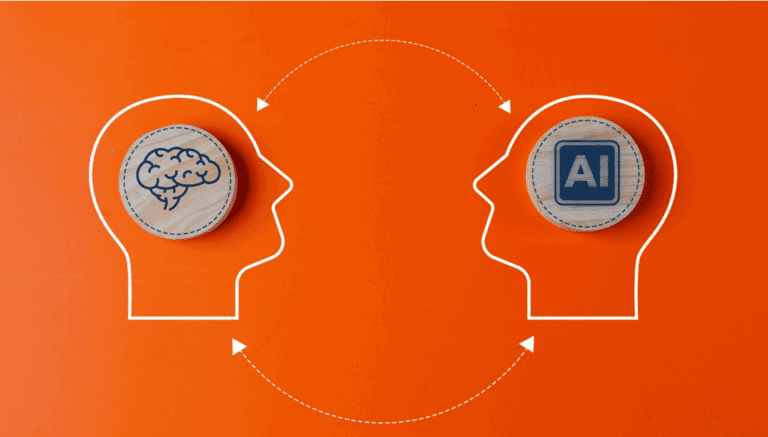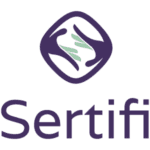
As the hospitality industry embraces new technological advancements, AI plays an increasingly pivotal role in enhancing guest experiences and streamlining hotel operations.
One standout example is how conversational AI is being used to bridge language barriers and transform communication with international guests. By enabling real-time, multilingual support, conversational AI makes the guest experience smoother, more personalized, and more efficient—creating new opportunities for hotels to cater to a global audience.
The Need for Multilingual Capabilities in Hospitality
In an increasingly globalized world, the ability to cater to guests from all corners of the globe is more critical than ever. Hotels, resorts, and other hospitality providers must ensure that language differences do not create friction in the guest experience. Traditional solutions, such as manual translation services, often fail to provide real-time, accurate, and seamless interactions. This is where guest-led conversational AI comes in.
AI-powered systems equipped with natural language understanding (NLU) capabilities can understand and respond to a wide range of languages and dialects. Whether a guest speaks French with a Parisian accent or from Quebec, conversational AI is designed to handle variations in language fluently. This ensures that all guests, regardless of their origin, feel heard and understood throughout their stay.
Adapting to Hotel-Specific Terminology
One of the standout features of advanced conversational AI is its ability to learn and adapt to the unique terminology of each hotel. This advancement, known as guest-led conversational AI, can be trained to understand property-specific phrases, local nuances, and terms related to hotel services. Whether a guest inquires about room availability, dining options, or local attractions, guest-led conversational AI can provide precise and relevant information tailored to the hotel’s offerings. This customization ensures that guests experience a more seamless interaction, even when language barriers exist.
For international guests, this means not just understanding the language but also the specific context and cultural nuances that come with it. Whether it’s recognizing regional dialects or colloquial terms, guest-led conversational AI makes the guest feel like they’re communicating in their native language.
Creating Seamless Multilingual Guest Experiences
Imagine a guest contacting a hotel in the U.S. speaking Spanish where a virtual hotel agent (guest-led conversational AI system) recognizes and speaks fluent Spanish. This virtual agent can understand their needs, provides details about hotel amenities, and offers recommendations for local dining spots. The guest can ask follow-up questions, and the virtual agent will seamlessly continue the conversation without frustration or misunderstanding. This level of service will likely positively impact the guest’s stay.
Guest-led conversational AI systems can also route them to the relevant department—whether to the front desk for a live agent or room reservations—ensuring that no guest inquiry goes unanswered. By handling these interactions in real-time, AI not only breaks down language barriers but also creates a more pleasant and efficient experience for guests, which is critical in today’s fast-paced, high-demand hospitality environment.
Enhancing Operational Efficiency with guest-led conversational AI
Beyond facilitating communication, guest-led conversational AI is transforming hotel operations by automating routine guest inquiries. Frequently asked questions (FAQs) about the hotel’s amenities, check-in times, or pet policies can be handled efficiently without involving staff. This automation ensures that staff members are free to handle more complex or personal interactions, enhancing guest satisfaction and operational efficiency.
AI can also manage peak-demand situations, such as during busy travel seasons or unforeseen disruptions. By efficiently handling routine tasks, AI systems can keep the flow of operations smooth, even when hotel staff are overwhelmed.
The Role of AI in Enhancing the Global Guest Experience
As AI technology continues to evolve, it will only become more capable of understanding and interacting with guests in a way that mirrors human conversations.
For hotels, this offers a tremendous opportunity to engage with a global audience. Guest-led conversational AI can ensure that no guest, regardless of their language or cultural background, feels excluded from the experience. By understanding different languages, dialects, and regional expressions, guest-led conversational AI helps provide a level of service that is personal, efficient, and truly global.
The Future of Guest-Led Conversational AI in Hospitality
The evolution of guest-led conversational AI is shaping the future of hospitality, with more hotels adopting these solutions every day to enhance guest satisfaction, improve operational efficiency, and streamline communication.
As these technologies continue to mature, they will become even more critical helping focus your hotel’s front desk on what matters most – high-touch, personalized service while AI handles routine, repetitive tasks, allowing hotels to stay competitive in an increasingly globalized market.
hotel staff to focus on high-touch, personalized service while AI handles routine, repetitive tasks, allowing hotels to stay competitive in an increasingly globalized market.
Annette the Virtual Agent: A Real-World Example of Guest-Led Conversational AI Excellence
The most notable example of guest-led conversational AI in action is Annette, The Virtual Hotel Agent™ (Annette) from Travel Outlook. Powered by PolyAI’s groundbreaking conversational AI technology, Annette exemplifies how guest-led conversational AI can transform the guest experience, providing multilingual support, managing complex guest requests, and handling a wide range of guest interactions with precision. Whether it’s answering frequently asked questions, routing calls to the appropriate departments, or transitioning to live agents when needed, Annette’s ability to break down language barriers and provide seamless service demonstrates the immense potential of conversational AI in hospitality.
As Nikola Mrkšić, Co-founder and CEO of PolyAI, stated in a recent Bloomberg interview, “Up to 75% of customer interactions could be automated with AI.” This growing trend is clearly reflected in Annette’s success at automating routine tasks, allowing hotel staff to focus on more complex needs, and improving both operational efficiency and guest satisfaction.
By integrating guest-led conversational AI systems like Annette, hotels can offer their guests a truly personalized, efficient, and multilingual experience, ensuring guests worldwide feel welcome.
For more information on how Travel Outlook and Annette, the Virtual Hotel Agent™ can transform your hotel’s operations, visit TravelOutlook.com/Annette today.




















